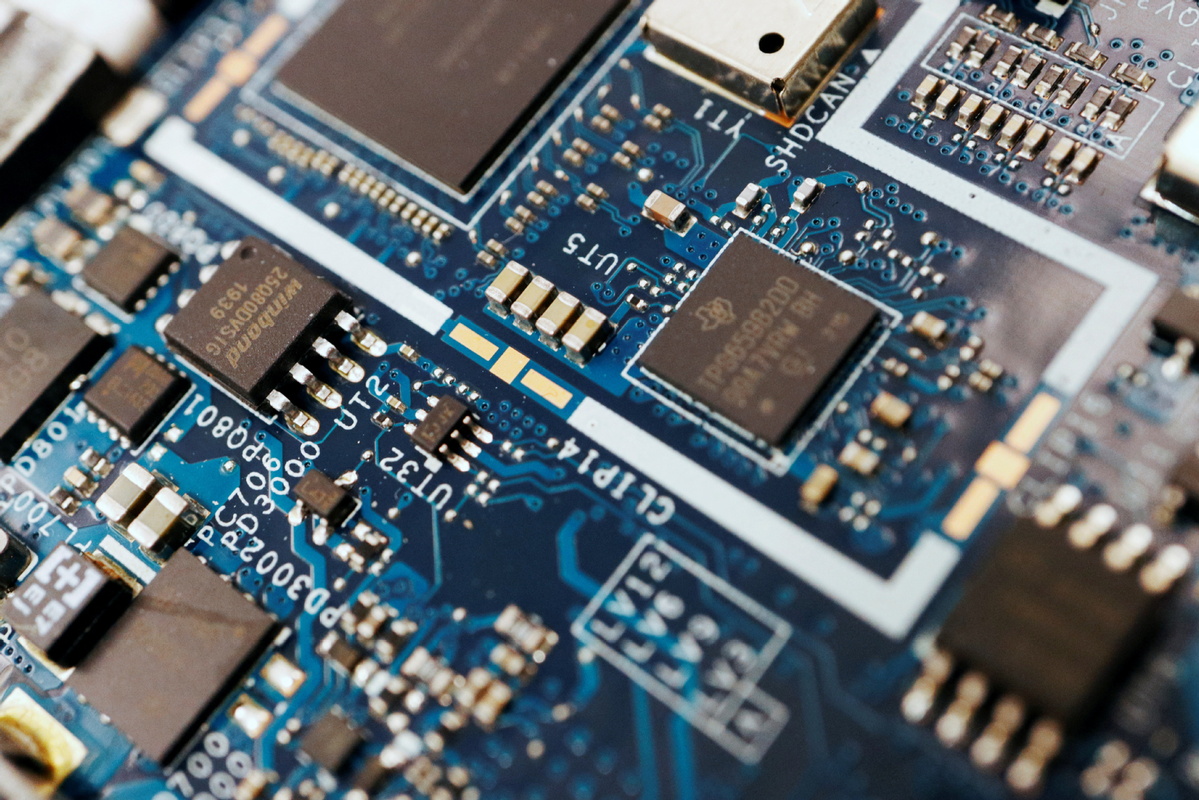Ukraine crisis may worsen chip shortage


The Ukraine-Russia conflict may exacerbate the global chip shortage as both countries are an important part of the semiconductor supply chains.
Ukraine makes more than 90 percent of the world's supply of neon gas used to power the lasers that etch patterns into computer chips.
Russia is a key palladium supplier, along with South Africa, and supplies approximately 35 percent of the global demand used in sensors and memory, among other applications, according to Techcet, a California-based market research firm that specializes in critical supply chain materials and components. For the automotive industry, palladium also is a key metal used for catalytic converters.
The Semiconductor Industry Association, representing nearly all US semiconductor companies, said in a statement "the semiconductor industry has a diverse set of suppliers of key materials and gases, so we do not believe there are immediate supply disruption risks related to Russia and Ukraine".
Big semiconductor companies said they expected limited supply chain disruption from the conflict. Micron Technology, a memory chipmaker, said in a statement that the reports of potential disruption of supply of noble gases, particularly neon, are concerning for the semiconductor industry but it has diversified sourcing for all of its noble gases.
Intel Corp said it wasn't anticipating any impact to neon supply and South Korean chipmaker SK Hynix also said it has sufficient supplies of neon.
Analysts said big chipmakers usually have higher levels of inventory, but mid- and small-sized companies have fewer resources and they would feel the tightness of supplies.
But if the Russia-Ukraine conflict drags on, chipmakers will feel the impact and this will likely result in higher chip prices and longer lead times moving forward, according to a Moody's Analytics report.
The semiconductor industry has endured more than a year of worldwide shortage of chips, which has hurt a wide range of industrial sectors, with the auto industry particularly hard hit.
Companies have suffered higher costs of raw materials and lengthy delivery times for equipment and materials due to the coronavirus pandemic.
"It's just one more thing that is going to force prices up," Techcet president and CEO Lita Shon-Roy told CNBC. "The automotive market is going to feel that to be sure'', adding the price increase likely won't be felt for six months, if not a year, because most chip manufacturers have long-term agreements for such raw materials.
The White House has warned chipmakers of a supply shortage and asked them to diversify their supply chain in case Russia blocks access to key materials, Reuters reported.
Techcet estimates demand for all the materials will rise by more than 37 percent over the next four years, based on recently announced expansion plans by Intel, Samsung, and TSMC in Ohio, Arizona and Texas.
































